- Trump Floats Tariffs Over Greenland as Denmark Lobbies Congress Bloomberg
- Trump tariffs: US president announces plan to hit UK, Denmark and other European countries with tariffs over Greenland BBC
- Trump pledges to slap tariffs on European allies…
Category: 2. World
-
Trump Floats Tariffs Over Greenland as Denmark Lobbies Congress – Bloomberg
-
European regulator warns airlines not to fly in Iranian airspace – Reuters
- European regulator warns airlines not to fly in Iranian airspace Reuters
- Iran latest: Khamenei lashes out at Trump over ‘casualties and damages’ caused by protests Sky News
- Germany’s Lufthansa urges staff to evacuate Israel Oz Arab Media
Continue Reading
-
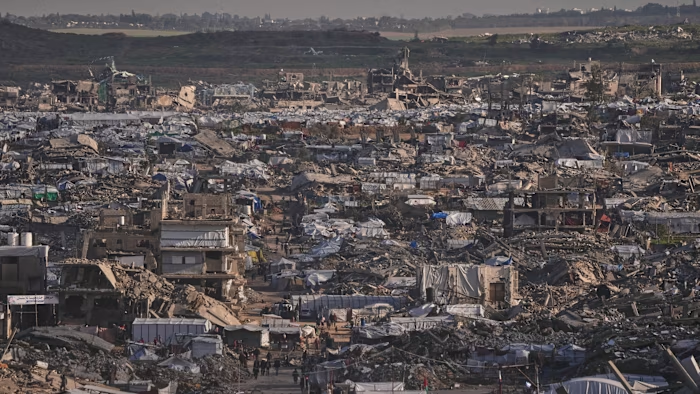
US floats expanding Gaza ‘Board of Peace’ to other global hotspots
Unlock the White House Watch newsletter for free
Your guide to what Trump’s second term means for Washington, business and the world
US officials have floated the idea of broadening a Gaza “Board of Peace” headed by Donald Trump to include…
Continue Reading
-
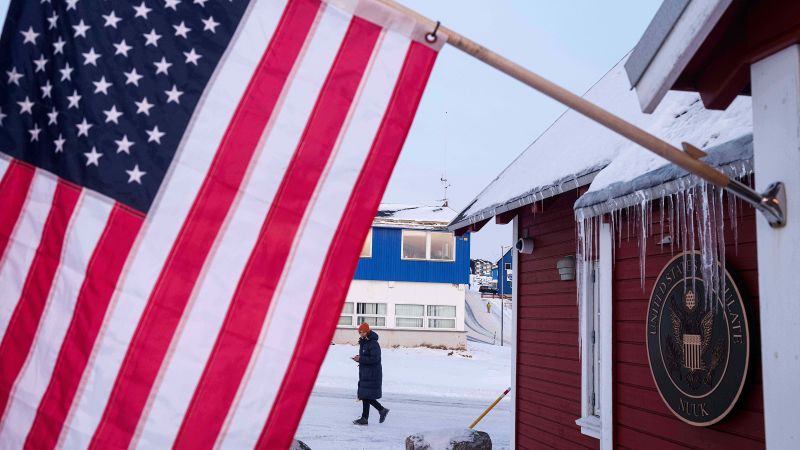
Trump considering new tariffs on countries that oppose his annexation plans for Greenland
US President Donald Trump said he is considering applying new tariffs on countries that oppose his ambition of annexing Greenland.
Trump has insisted for months that the US should control…
Continue Reading
-
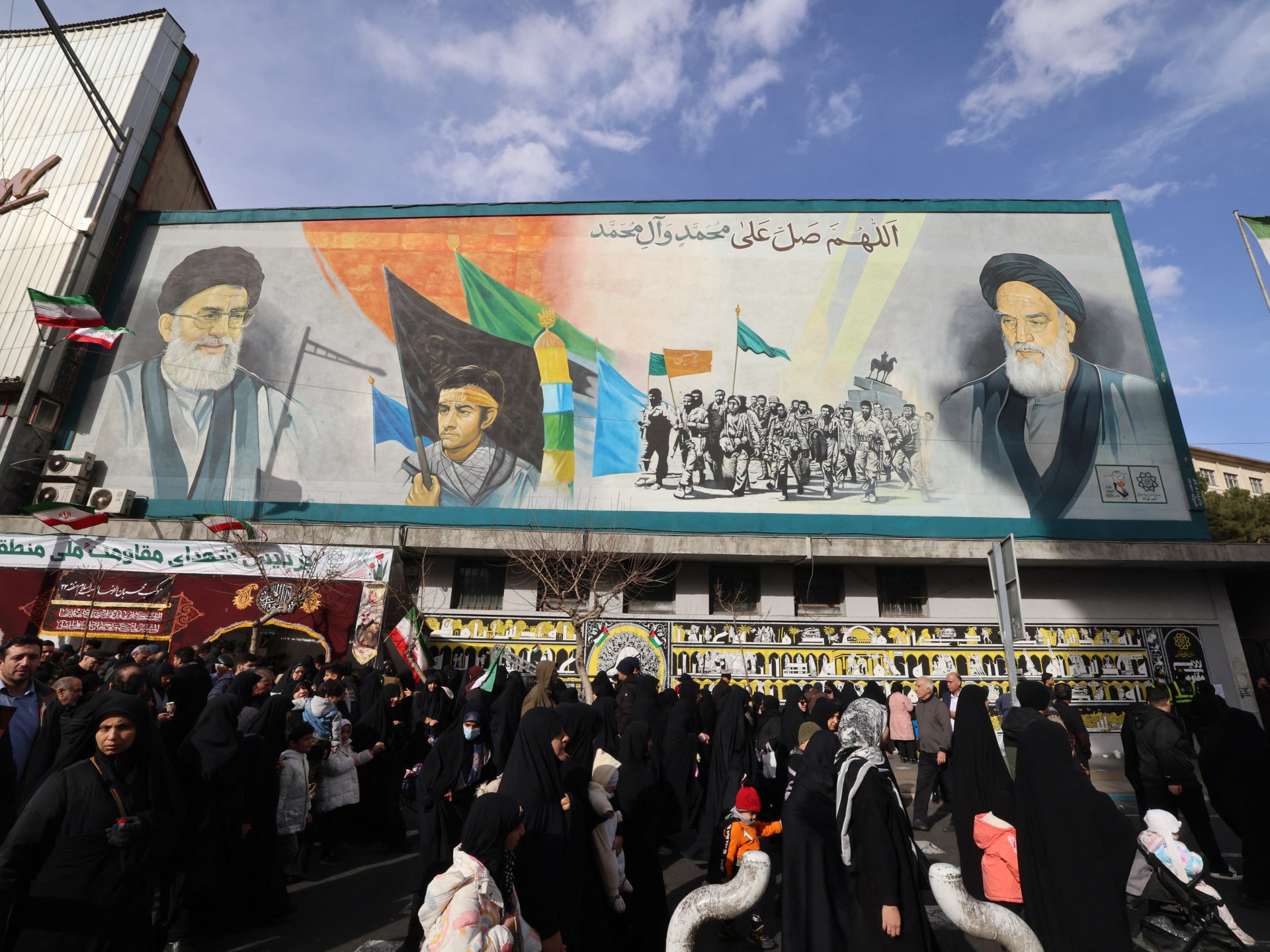
Iran in limbo: What’s next for country under internet blackout? | Protests News
Tehran, Iran – Most of Iran’s 90 million-strong population remains cut off from the rest of the world more than one week after an unprecedented, state-imposed communications blackout amid nationwide protests, which began in December and…
Continue Reading
-
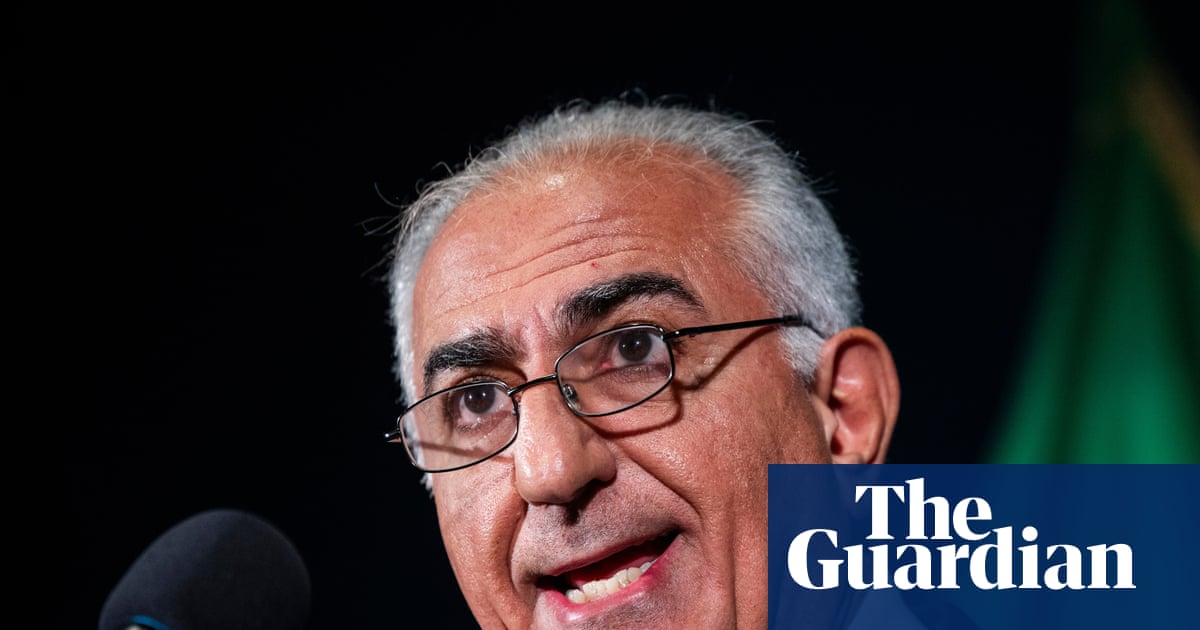
Son of former shah says he is ‘uniquely positioned’ to lead Iran as he predicts end of regime | Iran
Reza Pahlavi, the son of Iran’s former pro-western monarch, has predicted the country’s Islamic regime will fall and claimed he is “uniquely” placed to head a successor government.
His bid to assume the leadership of a possible new Iran…
Continue Reading
-
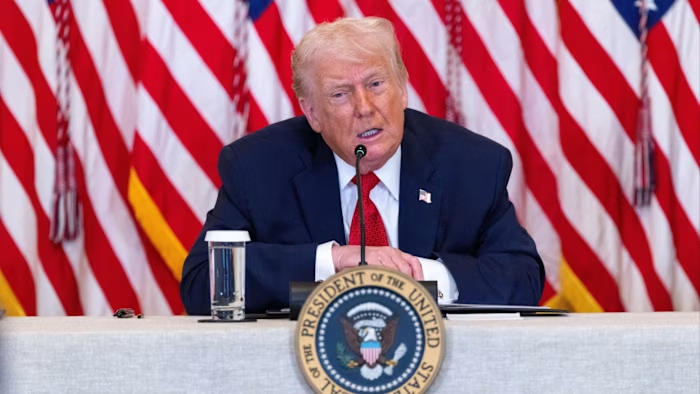
Donald Trump threatens tariffs on allies over opposition to Greenland plan
Unlock the White House Watch newsletter for free
Your guide to what Trump’s second term means for Washington, business and the world
Donald Trump has threatened to impose tariffs on trading partners that do not back his efforts to acquire…
Continue Reading
-
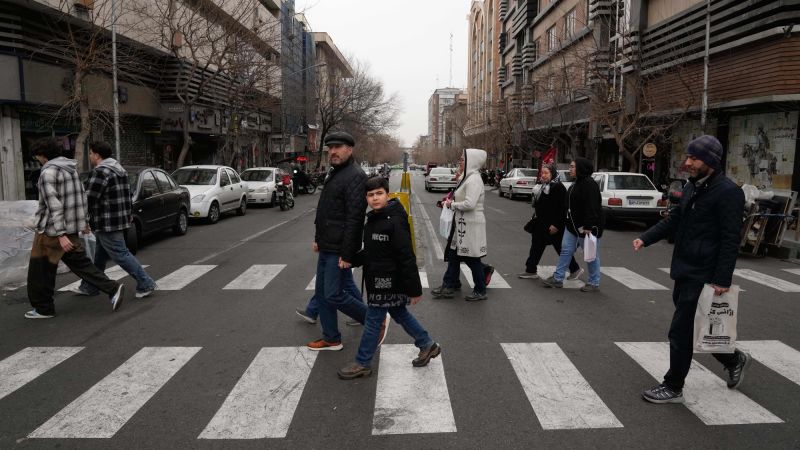
War, diplomacy, or revolt: What comes next in Iran?
After a week of the largest nationwide demonstrations in years, the streets of Iran have once again fallen silent, subdued by force.
One resident of Tehran compared the mood in the capital…
Continue Reading
-
Trump threatens tariffs on countries that don’t back Greenland takeover plan – Dawn
- Trump threatens tariffs on countries that don’t back Greenland takeover plan Dawn
- Trump threatens new tariffs on countries opposed to Greenland takeover BBC
- Trump considering new tariffs on countries that oppose his annexation plans for…
Continue Reading
-
India liquidates Chabahar stakes over Trump’s tariff threat – Dawn
- India liquidates Chabahar stakes over Trump’s tariff threat Dawn
- India’s turbulent involvement in Iran’s Chabahar port all but collapses ET Infra
- When dust settles on the shadow war waged in Iran The New Indian Express
- Did US force India to…
Continue Reading